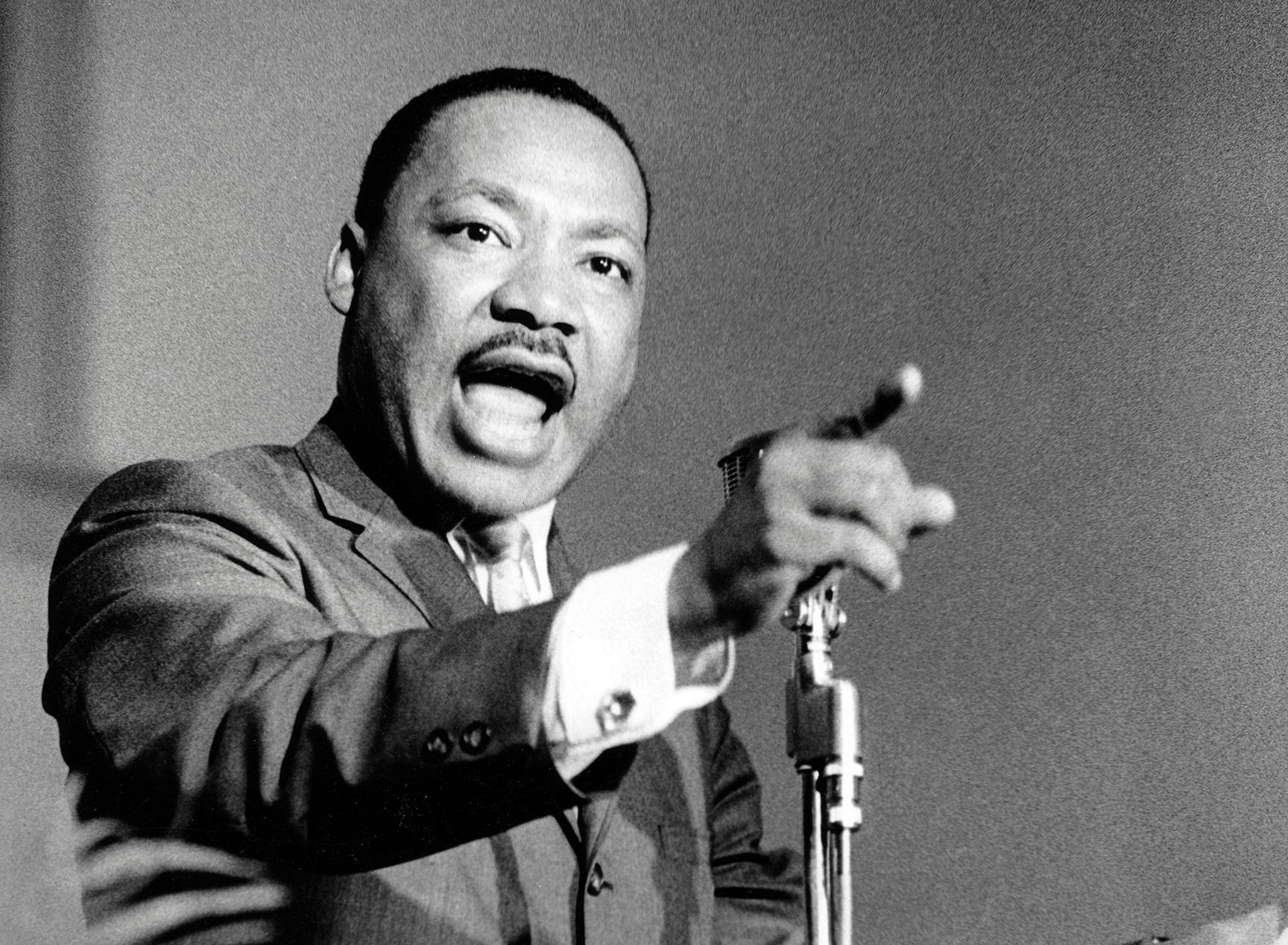
Martin Luther King
Reverend Martin Luther King was a respected leader of the American Civil Rights movement, struggling for racial equality and freedom. King advocated non-violent direct action and passive resistance to achieve equal civil rights. He believed that self-respect would come through integration.
King once told the press that “the method of non-violent resistance is one of the most potent, if not the most potent weapons available to oppressed people and their struggle for freedom.”
In Washington, King continued his political work with a group of senators sympathetic to his ideas. He opened historic collaborations with the white community – joining the debate on the civil rights draft bill initiated by President John F Kennedy – that culminated in the March on Washington in 1963 and the signing of the Civil Rights Act in July 1964.
When Malcolm X died, Martin Luther King gave his public reaction a few days later: “I think Malcolm X did serve a role, I think he played a role in pointing out the problem, calling attention to it, but his great problem was an inability to emerge with a solution. He had slogans that were catchy and that people listened to, but I don’t think he ever pointed out the solution to the problem.”
Three years later, on April 4, 1968, MLK himself was assassinated in Memphis by James Earl Ray, an American fugitive and felon convicted, who shot at him at the Lorraine Motel. Others believe Ray was just used as a decoy since the government was involved. King was just 39.









